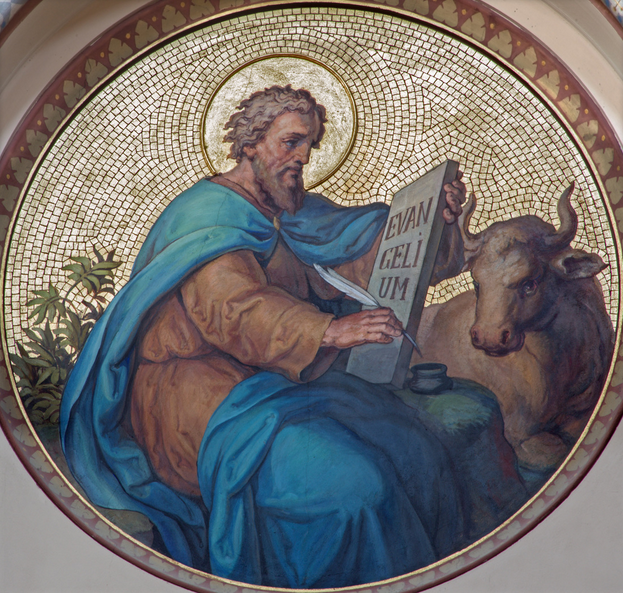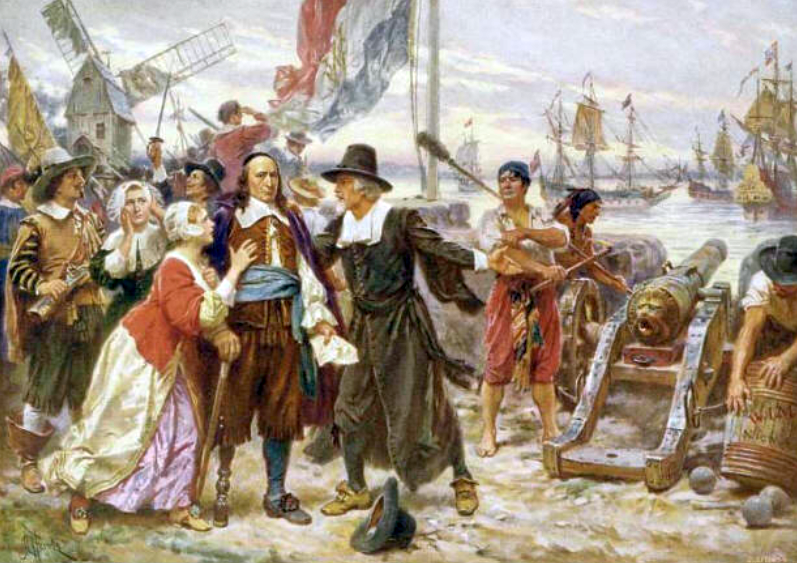
Editor’s note: The following comprises the first chapter of The Gospel of Luke: An Exposition, by Charles R. Erdman (published 1936). All spelling in the original.
I. The Preface to the Gospel. Luke 1:1-4
_____________________________________________________________________________________
1 Forasmuch as many have taken in hand to draw up a narrative concerning those matters which have been fulfilled among us, 2 even as they delivered them unto us, who from the beginning were eyewitnesses and ministers of the word, 3 it seemed good to me also, having traced the course of all things accurately from the first, to write unto thee in order, most excellent Theophilus; 4 that thou mightest know the certainty concerning the things wherein thou wast instructed.
_____________________________________________________________________________________
This preface is a perfect gem of Greek art; even in the English Version it loses little, if anything, of its literary charm. As a prologue it is regarded as unsurpassed for brevity, modesty, and dignity. However, its value lies not in its beauty but in its testimony to the veracity of the writer and to the historic worth and absolute credibility of the gospel story. The fact of inspiration should not blind us to the human means by which the Spirit of God secured accuracy in the communication of truth and in the composition of the Holy Scriptures.
Here we are admitted to the study of a great historian. We see about him his tools and his material; we are informed as to his motives and methods in work, and are told of the qualifications he possesses for his great task. First of all, he has before him many written accounts of the ministry of Christ. He does not reject these as inaccurate but regards any one of them as inadequate. By comparing and combining them he secures valuable outlines for his more complete narrative.
Then, too, he intimates that he is living and writing amidst the scenes and in the very atmosphere of the events he is recording; only recently, as he indicates, have these “matters … been fulfilled.” Again, he has access to the testimony of men who were eyewitnesses of these events and who have been public teachers of the gospel.
Further, he assures us of the absolute accuracy with which he has investigated the incidents of the life and ministry of Christ, even from the earliest scenes; he has sifted his material and weighed the evidence and is to record only established facts.
These facts he is to relate “in order,” that is, in the sequence of time, and further still, with the system and the careful regard to proportion and to completeness which should characterize a scientific, historical composition.
Then again he dedicates the book to Theophilus whose title, “most excellent,” indicates that he is a man of rank and official position, one to whom an author would not venture to present hasty, imperfect, and inaccurate work, especially when the one addressed had been instructed already in reference to the matters related.
Thus this preface shows the supreme purpose of Luke was to confirm the belief of Theophilus, who is apparently his patron and friend, and to deepen his conviction of the truth of the gospel story. Surely, such an introduction must remind every reader that our Christian faith is based upon an impregnable foundation of historic fact.
(Go back to previous chapter)
(Continue to next chapter)









